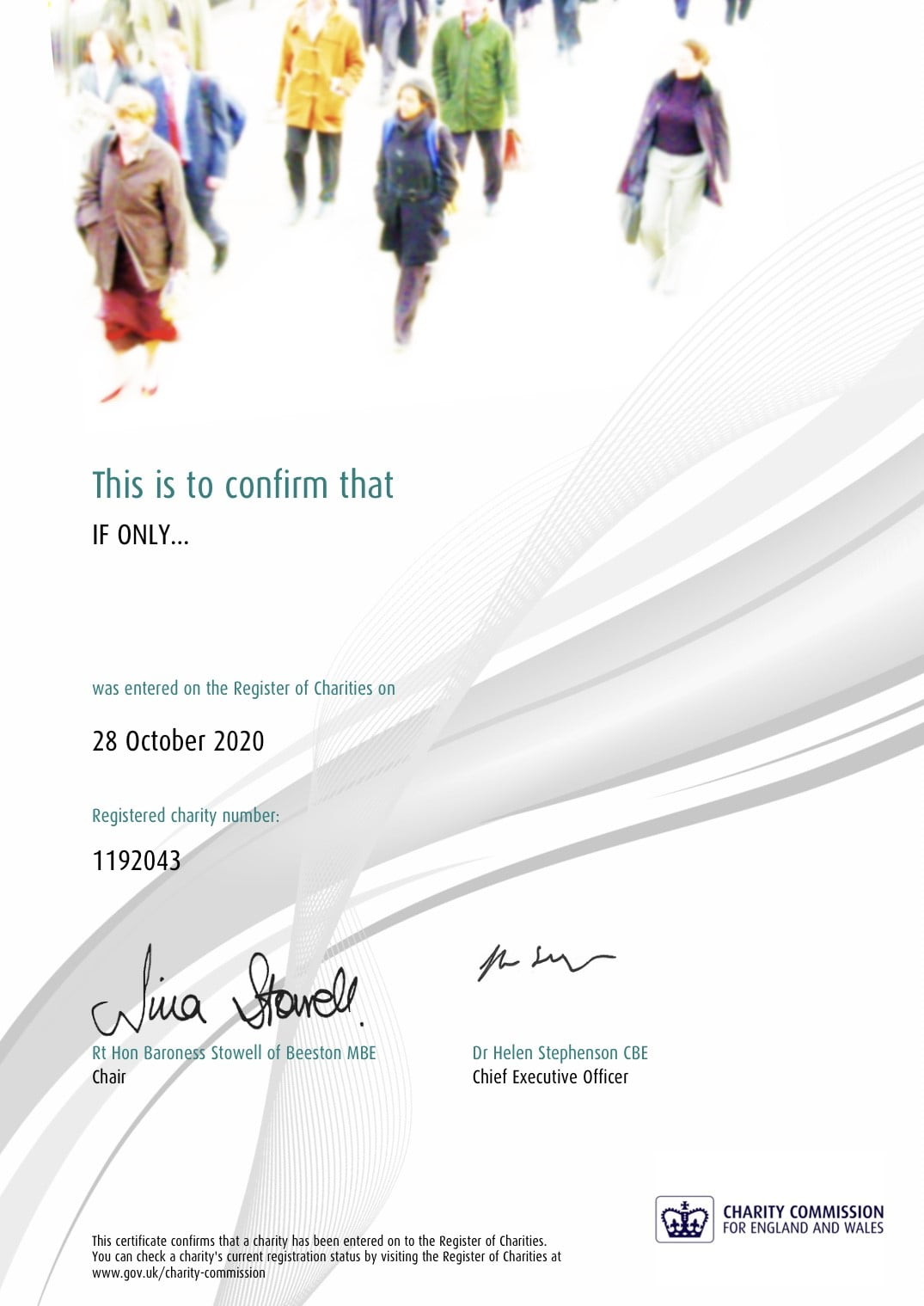Dissociative Identity Disorder, often known as D.I.D is a disorder characterised by the maintenance of at least two distinct and relatively enduring personality states.
D.I.D (Dissociative Identity Disorder) was previously known as Multiple Personality Disorder.
It is a complex psychological condition that is likely to be caused by many factors, which include severe trauma during early childhood.
Extreme, repetitive physical, sexual or emotional abuse, may cause D.I.D, it provides a way for us to survive the extreme trauma being experienced.
Dissociation allows us to leave the traumatic situation we are in at the time the abuse is taking place, almost like a daydream.
However, D.I.D. takes the dissociation to a much deeper state of mind, where the dissociated parts of our personality become real and we begin to mould ourselves entirely into the other identity or identities.

D.I.D. is accompanied by memory gaps beyond those that could be explained as ordinary forgetfulness. We experience “fugues” or gaps in time where we have no recollection of where we have been or how we have arrived to where we are when we “awaken”
A diagnosis of D.I.D often makes us feel uncertain about our identity and who we are. We can experience these changes in parts of our identity as completely separate personalities (alters) in one body . Although the different parts of our identity are all part of one personality they are not actually joined up or working together as a whole.
We may feel a presence of other identities each with their own names, voices, personal story and mannerisms. It can be very confusing and scary.
Living with D.I.D can make looking after ourself difficult. You may find that different parts of your identity have different needs, and you may need to use different techniques to cope and look after each of your alters, depending which part of yourself is in control.
If something is not working for you, you can try something else, or come back to it at a later time.
Dissociation is a natural way of coping with sustained childhood trauma.
It is a normal response to abnormal circumstances . It is the brain’s way of offering protection and survival.
It can leave us with long lasting challenges in every day life.









